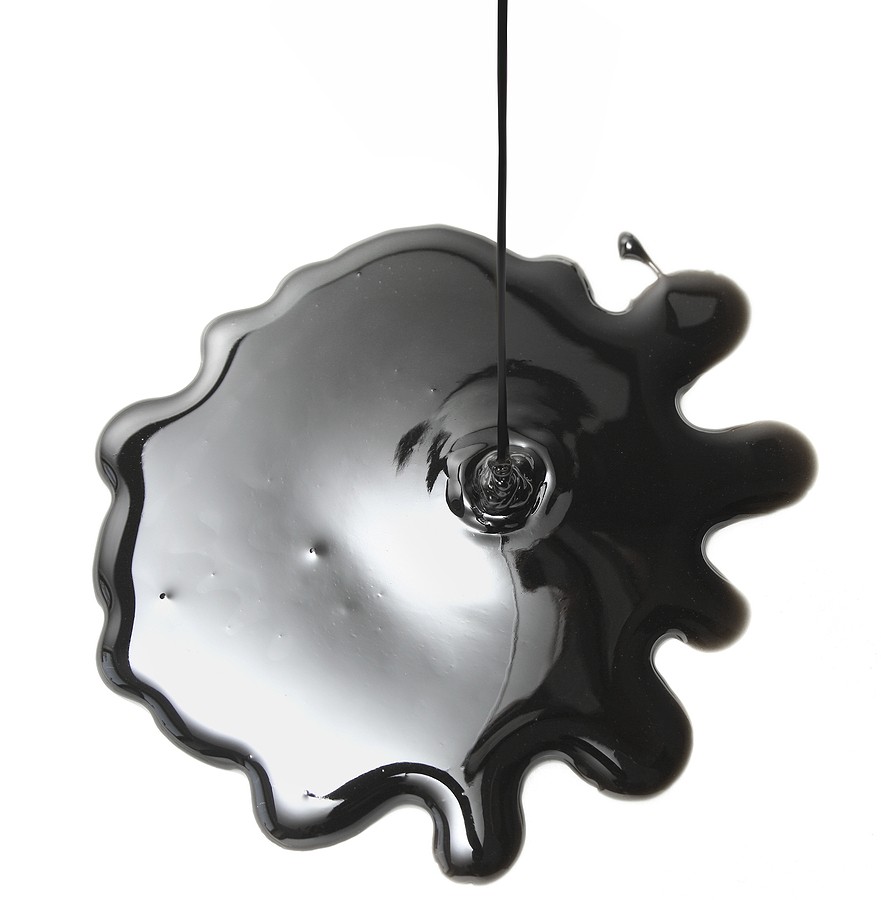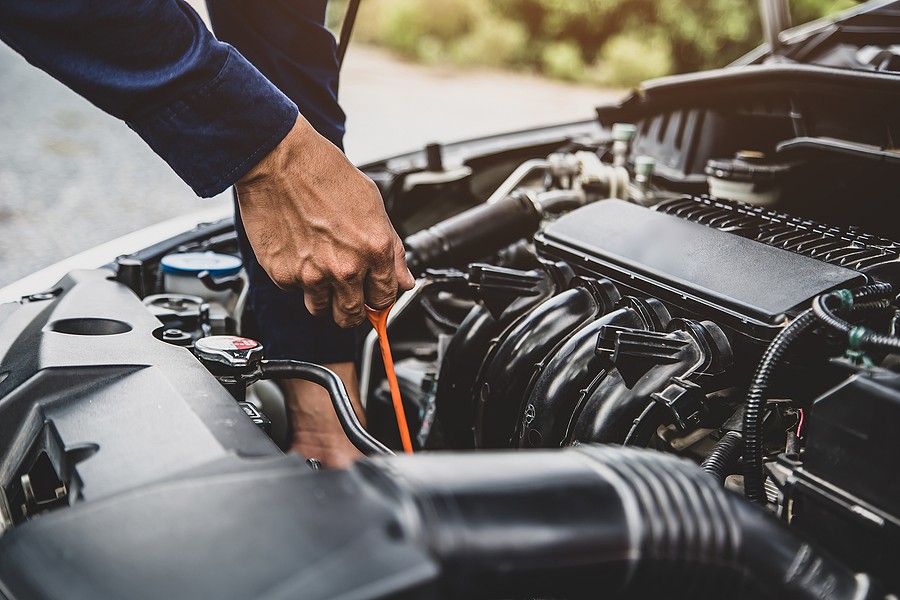If you're wondering, “My car is leaking oil; what could be causing it,” below is the list of potential culprits:
- Worn gaskets and seals
- Loose oil drain plug
- Faulty oil filter
- Damaged oil pan
- Increased oil pressure
- Worn engine components
- Accidental overfilling
Your vehicle's oil is one of the most critical fluids you must always keep healthy. It is responsible for preventing any engine overheating due to internal friction. Without sufficient oil and lubrication, the engine can suffer from medical problems that might cost you the entire vehicle.
Oil leak is a common problem your vehicle might suffer from during its lifetime. A driver must understand what is causing the oil leak first and how to address it as soon as possible before things get out of hand.
This article summarizes the seven most important reasons your car leaks oil. It also highlights important solutions along with recommendations for diagnosis.
My car is leaking oil, what are the main causes?
The problem might be linked to faulty components when your car leaks oil. As a car owner, you need to understand what exactly is causing the issue so you can narrow down the list of motel culprits to check.
The following list summarizes the seven most important reasons why your car is leaking oil:
1- Worn gaskets and seals
The first and most common reason your car leaks oil is when you have worn-out head gaskets or seals. Typically, these gaskets and seals prevent fluids from leaving the designated pathways. As they age, they break down and allow fluid to seep through.
You must address these issues as soon as possible; as you're noticing that your oil level is dropping, you need to check with your mechanic and have him perform a thorough Inspection to identify these faulty seals and gaskets so he can fix them before they become completely broken and lead to further complications.
2- Loose oil drain plug
Have you ever performed your oil change? Have you gone recently to a recent oil change by an unprofessional mechanic? One of the reasons that could lead to oil leaks is performing the wrong oil change. In other words, your mechanic might have a good idea about how it's done but might have forgotten to tighten the drain plug.
The drain plug is located in the bottom of the vehicle, and if it's loose or not tight enough, it allows the new oil to run through and see to the floor. If this happens, it can easily lead to draining the entire oil in your vehicle and causing significant damages that might cost you the entire engine.
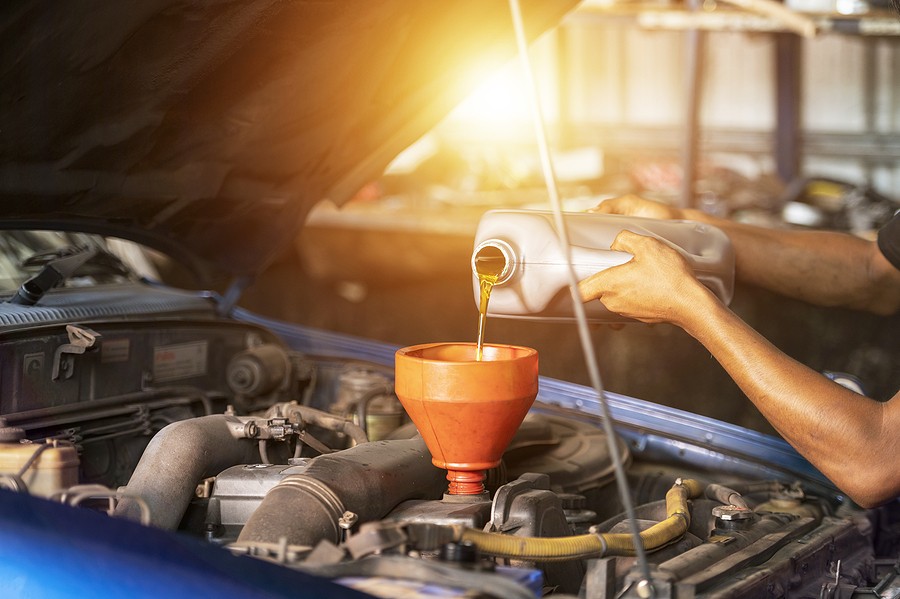
3- Faulty oil filter
Another potential problem your mechanic might have had during the oil change is having a bad oil filter or forgetting to replace the oil filter. Typically, automotive experts and even the vehicle owners' manual recommend replacing the oil filter whenever you change the oil.
If it was you who replaced the oil or if it was an unprofessional mechanic, it's very common to forget about the old oil filter and leave it in there. When this happens, the oil filter becomes clogged, and when it's clogged, the pressure from the oil becomes very high, leading to the point where the seals break and allow oil to seep through and drip on the floor.
That's why choosing the right mechanical to perform the right oil change. You could also mention that they must change the oil filter if they forget it. It can happen, and those mistakes can lead to further problems that might cost money.
4- Damaged oil pan
If the oil change was performed properly and you realize that your vehicle is seeping and leaking oil without any previous reason, it could be a problem with the oil pan. The oil pan is expected to be completely sealed and not have any damage.
Overusing a car, this pen can get damaged, and when this happens, it can allow water to seep through and strain on the floor. Your mechanic confirms it's a damaged oil pan that must be replaced immediately.
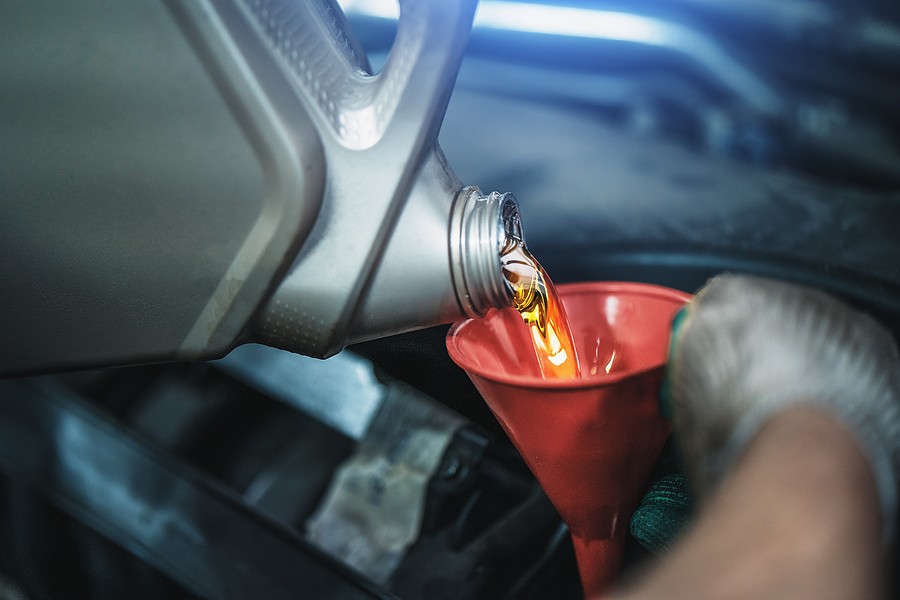
5- Increased oil pressure
Another potential problem for why your car is leaking oil is when you have increased oil pressure. Typically, the vehicle is designed to withstand a certain pressure level, and when this pressure is exceeded, it allows the weak seals to break down, allowing oil to leave the system and leak on the floor.
The oil pressure can increase if you have too much oil in the system, and it can happen when there are some contaminants or debris collected throughout the oil. That's why you might forget to change the oil recently, which is dirty and requires immediate replacement.
6- Worn engine components
In some instances, the engine might suffer from internal problems that require immediate attention. For example, if some of those components are loose or damaged, they can allow oil to leak on the floor.
Worn-out engine components cause many problems and will not only be an oil change issue. Still, it could show additional symptoms like engine overheating and other issues in the engine performance.
You must address these problems as soon as possible before things get out of hand. In other words, you don't want to wait till the minute that the oil starts leaking on the floor before you address the issue because, typically, the engine has started showing you some issues like engine overheating and other performance issues that you need to address before getting to this point.
7- Accidental overfilling
Finally, while it's very important to maintain the oil level at the optimum level and never to run your car at a low oil level, it is as important to keep the level not overfilled pure; in other words, putting too much oil is never a good thing because it also leads to a lot of problems.
One of the biggest consequences of overfilling your engine oil is dealing with exceeded oil pressure that leads to breaking the weak seals and allowing oil to leak on the floor or around the engine components where sometimes the oil pressure can be a little bit higher than the required range and some of the leak might be internal which can be a little bit hard to detect.
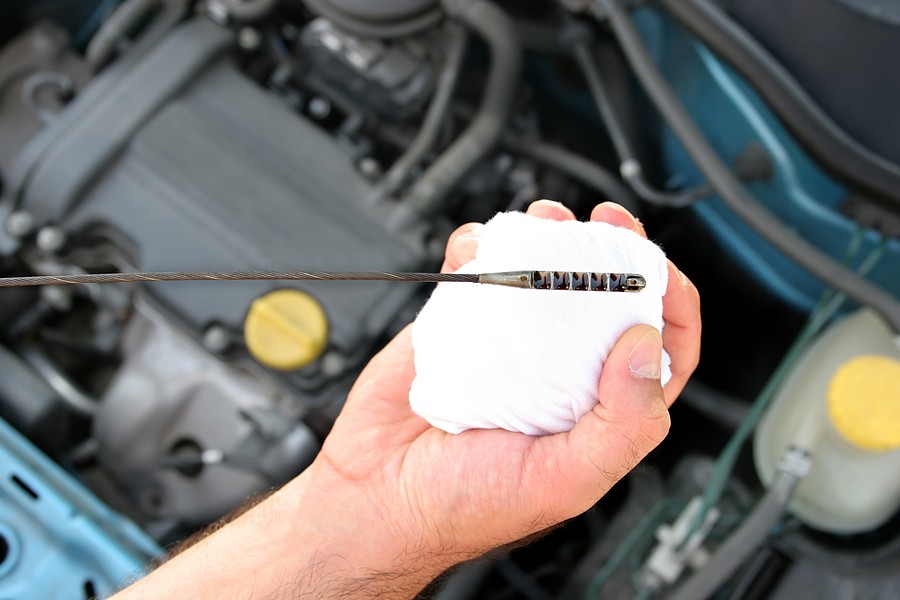
How to inspect an oil leak?
While the first thing that comes into mind when inspecting an oil leak is performing a visual inspection, your mechanic has more advanced tools that help him identify the exact locations of the leaks.
For example, your mechanic might look for additional oil leak symptoms. For instance, one of the other symptoms that might be associated with the oil leak is a low oil level. You can use a dipstick to check how much oil you have in the system.
Another thing that might be associated with the oil leak is any potential burning smells or smoke. This is because when the oil drips on top of the hot components, it'll start burning, causing this smell.
Another thing you might look for to check whether you have an oil leak is to monitor the dashboard running lights. Typically, when there are a lot of leaks, the check engine light might be the woman's other lights, like the low oil pressure.
Remember that some of those warning lights might be general, and without digging into the computer's computer via the vehicle and using an old scanner, you won't be able to determine whether the problem is related to an oil leak.
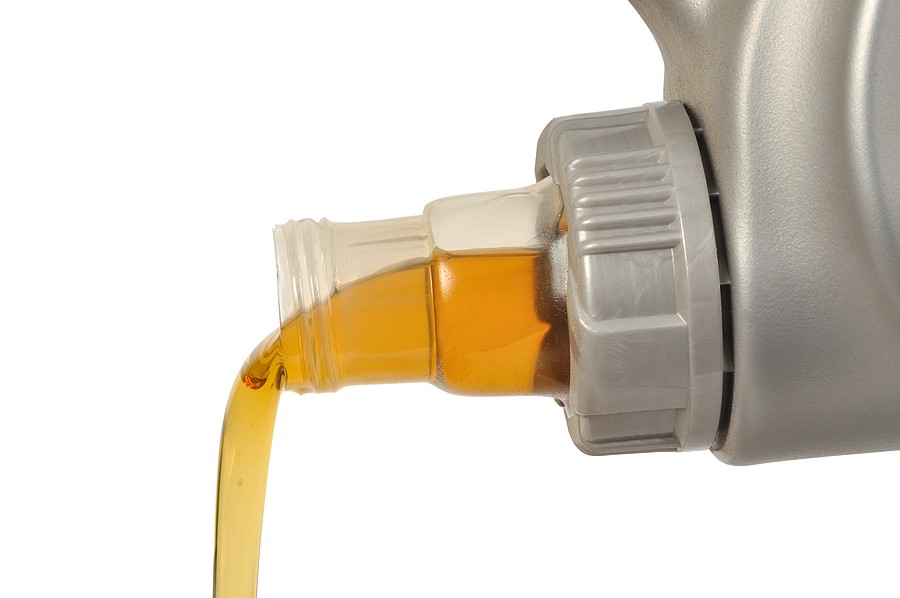
My car is leaking oil: Final Thoughts.
It's never a good situation when your vehicle leaks oil because it might cause severe damage soon. That's why you must address the problem as soon as possible and identify the potential culprits causing it.
This article summarized the seven most important reasons your car leaks oil. You must have your mechanic inspect the faulty components and replace them immediately. The more you wait for this problem, the harder it gets to fix your car and the more complicated the problems are.
Note that fixing oil leaks is not always a simple repair and might involve replacing major components. If that's the case, we must be careful about how much money you'll put towards fixing this car because sometimes it might not be worth fixing.
If you've ever decided to sell your car as is considering its major problems, call Cash Cars Buyer at 773-791-4363.
If you're interested in similar posts, we highly encourage you to visit our blog by clicking here.

